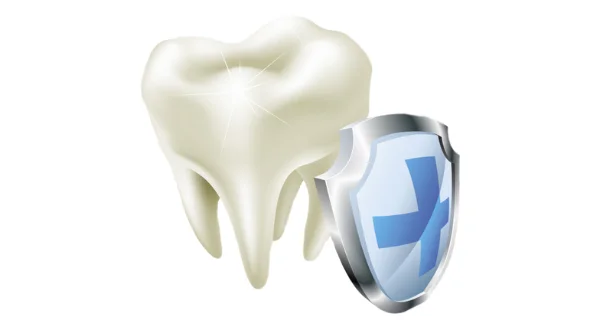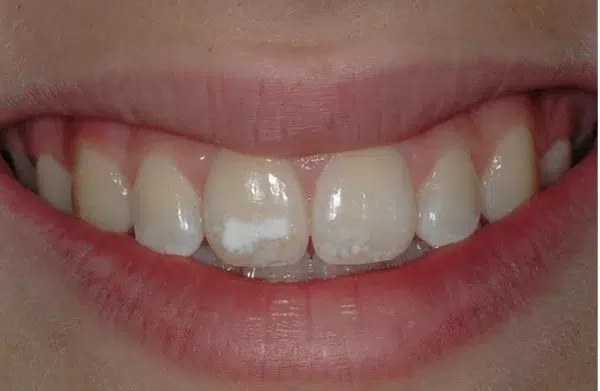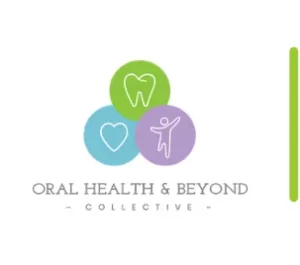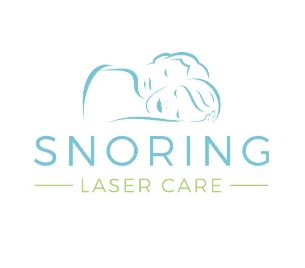
Why You Should Protect Your Enamel
We all want a perfect, pearly-white smile. Sometimes all it takes is a good brushing and flossing habit and regular dental visits, but not everyone is lucky enough to have naturally strong teeth that are easy to care for. For some people, a healthy smile is much harder to achieve because of a condition called enamel hypoplasia.
The Importance Of Tooth Enamel
Tooth enamel makes up the outermost layer of our teeth. It’s the hardest substance in the human body, and it’s composed of minerals like hydroxyapatite. It forms a barrier to protect the more vulnerable inner layers of the teeth. Even though it is a very hard substance, it’s vulnerable to erosion from acid, and because it isn’t made up of living cells, when it wears away, it doesn’t come back.

What Is Enamel Hypoplasia?
Enamel hypoplasia is a defect that affects the way the teeth develop, causing them to have poor enamel matrix formation. Symptoms of enamel hypoplasia include:
- Pits, grooves, depressions, and fissures in the teeth
- White spots
- Yellowish-brown stains
- Temperature and acid sensitivity
- Irregular wearing of teeth
- Increased vulnerability to tooth decay and cavities
A similar (but less severe) condition is hypomineralisation, in which the enamel has insufficient mineral content and is softer and more translucent. If the hypoplasia only affects a single tooth, it is called Turner’s hypoplasia, which often the result of trauma or infection while the tooth was developing.
Causes Of Enamel Hypoplasia
Hereditary enamel hypoplasia is a genetic defect that impacts odontogenesis (tooth formation). There are several different hereditary conditions that can cause it, but environmental factors are also a culprit. Prenatal conditions, lack of prenatal care, and premature birth or low birth weight can hinder the formation of healthy teeth, as can direct trauma, infection, deficiency in calcium or vitamins A, C, or D, and certain diseases.
Keeping Your Teeth Strong
Early diagnosis and treatment are crucial for keeping teeth with enamel hypoplasia healthy. Treatment may come in the form of resin-bonded sealant, fillings, crowns, and professional whitening. The goals are to prevent tooth decay, help the patient maintain a good bite, preserve the structure of the teeth, and keep the teeth looking their best.
Fight For Your Teeth, With The Help Of Your Dentist
There is a lot your dentist can do to help your teeth stay healthy, and there’s a lot you can do too! Your daily oral hygiene routine is crucial, so always remember to brush twice a day with a soft-bristled brush, and use lukewarm water if your teeth are sensitive. Avoid sugary and acidic foods and drinks when possible, and keep up with your regular dental check-ups!
We’re rooting for our patients’ healthy smiles!
If you have concerns about your tooth enamel, please get in contact with us to arrange an appointment to discuss your concerns with one of our Dentists. Contact us today.






